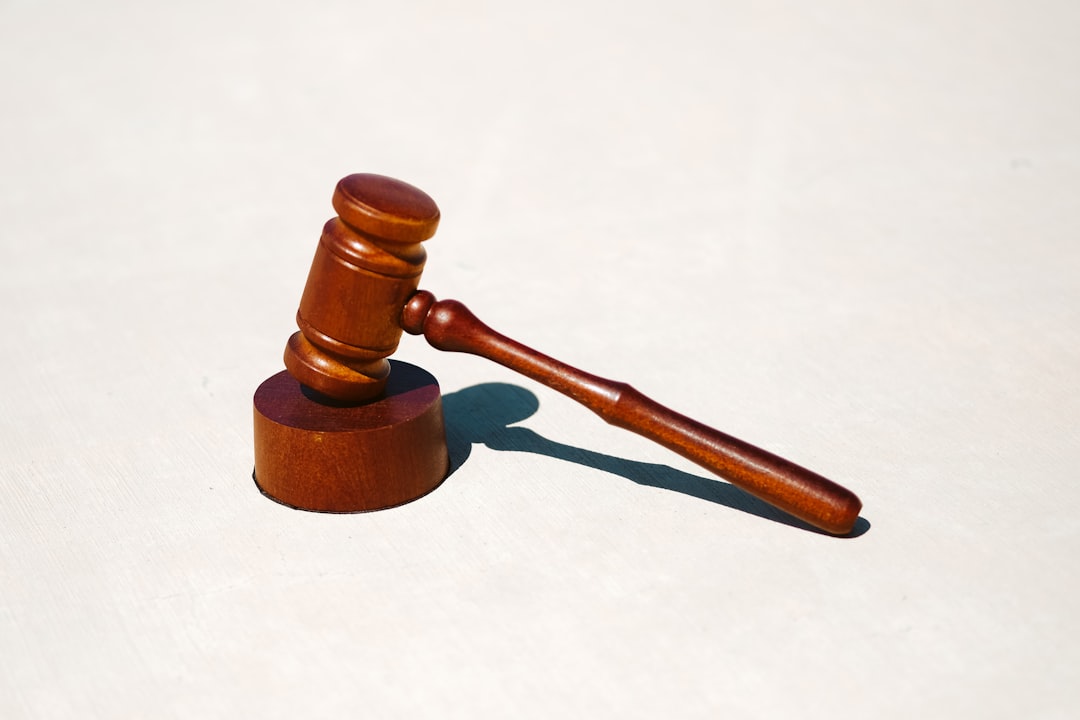Child sexual assault victims in Maryland face strict statutes of limitations, with civil lawsuits typically filed by age 21. Reputable child sexual assault lawyers help navigate these complexities, ensuring victims understand their rights and time constraints. These specialists gather evidence, document incidents, and protect crucial information to secure justice, compensation, and accountability for perpetrators.
In Maryland, statutes of limitations play a crucial role in child abuse cases, particularly regarding child sexual assault. Understanding these legal time frames is essential for victims seeking justice. This article delves into Maryland’s specific laws, their impact on prosecution, and the available exceptions. We explore the critical role of experienced child sexual assault lawyers in navigating these complex statutes, ensuring victims have a clear path to compensation and accountability. By understanding these limitations, folks can take informed steps towards healing and legal redress.
Understanding Maryland's Statutes of Limitations

In Maryland, understanding the statutes of limitations is crucial for victims of child sexual abuse seeking justice. These laws set time frames within which legal actions can be initiated, specifically for civil lawsuits related to sexual offenses against minors. The statute of limitations for child sexual assault in Maryland begins from the date the victim turns 18 and extends for a certain number of years afterward, varying based on the type of abuse.
For instances of child sexual assault and abuse, the time frame generally allows victims until their mid-20s to come forward. This period is designed to balance the rights of the victim with the need for finality in legal proceedings. Engaging the services of a reputable child sexual assault lawyer in Maryland can help victims navigate these complexities, ensuring they understand their rights and time constraints within the legal framework.
Impact on Child Sexual Assault Cases

The Statutes of Limitations in Maryland significantly impact child sexual assault cases, shaping the timeline for legal action. These laws dictate the period within which victims or their representatives can file a civil lawsuit against perpetrators or institutions responsible for abuse. In Maryland, the time frame for filing is generally shorter for child sexual assault cases compared to other types of personal injury claims. This urgency is crucial because it ensures that justice is pursued while memories are fresh and evidence is readily available.
Child sexual assault lawyers in Maryland play a vital role in navigating these statutes, advising clients on the limited time window and urging them to act promptly. Their expertise lies in gathering evidence, documenting incidents, and preserving relevant information necessary for successful legal proceedings. With careful management of the clock, these lawyers help victims secure justice, seek compensation for their trauma, and hold accountable those who have committed such heinous acts.
Time Frames for Legal Action

In Maryland, time frames, or statutes of limitations, dictate how long individuals have to take legal action after an incident occurs. When it comes to child sexual assault cases, these timelines are stringent. According to Maryland law, victims have until they reach their 21st birthday to file a civil lawsuit for child sexual abuse. This means that potential plaintiffs must act swiftly, as the clock starts ticking from the moment the abuse is discovered or should have been reasonably discovered.
For child sexual assault lawyers in Maryland, understanding these statutes is crucial to guiding clients through the legal process. If a victim misses the deadline, their ability to seek justice and compensation for their suffering may be significantly limited. This urgency underscores the importance of early consultation with an experienced attorney who can help navigate the complexities of these cases and ensure all legal options are explored within the prescribed time frame.
Exceptions and Extensions

In Maryland, statutes of limitations for filing a lawsuit regarding child abuse or child sexual assault vary based on the type of case. Generally, these laws set time restrictions on when legal actions can be initiated. However, there are notable exceptions and extensions that make a significant difference in child sexual assault lawyer cases. For instance, if the victim was a minor at the time of the abuse, the statute of limitations is often tolled until they reach adulthood, providing a crucial window for justice even years after the incident.
Additionally, Maryland law allows for an extended period to file claims in cases where the abuser concealed or actively hid their actions from the victim. This includes situations of psychological manipulation or physical isolation that prevented the victim from recognizing or reporting the abuse within the standard time frame. These exceptions highlight the state’s commitment to addressing child abuse and ensuring victims have access to legal redress, even for historical incidents.
Role of Child Abuse Lawyers in Maryland

Child abuse lawyers in Maryland play a crucial role in advocating for victims and ensuring justice in cases involving child sexual assault. These legal professionals are well-versed in the state’s statutes of limitations, which determine the time frame within which criminal charges must be filed after an alleged offense. Understanding these laws is essential as they can significantly impact the outcome of a case.
In Maryland, the statutes of limitations for child sexual abuse vary depending on the type of crime. For instance, felonies related to child sexual assault typically have a statute of limitations of 7 years from the date the crime was discovered or when the victim turns 18, whichever comes later. Child sexual abuse lawyers guide victims and their families through this legal landscape, helping them navigate the complexities of the justice system. They work tirelessly to gather evidence, interview witnesses, and build strong cases to hold perpetrators accountable for their actions.






